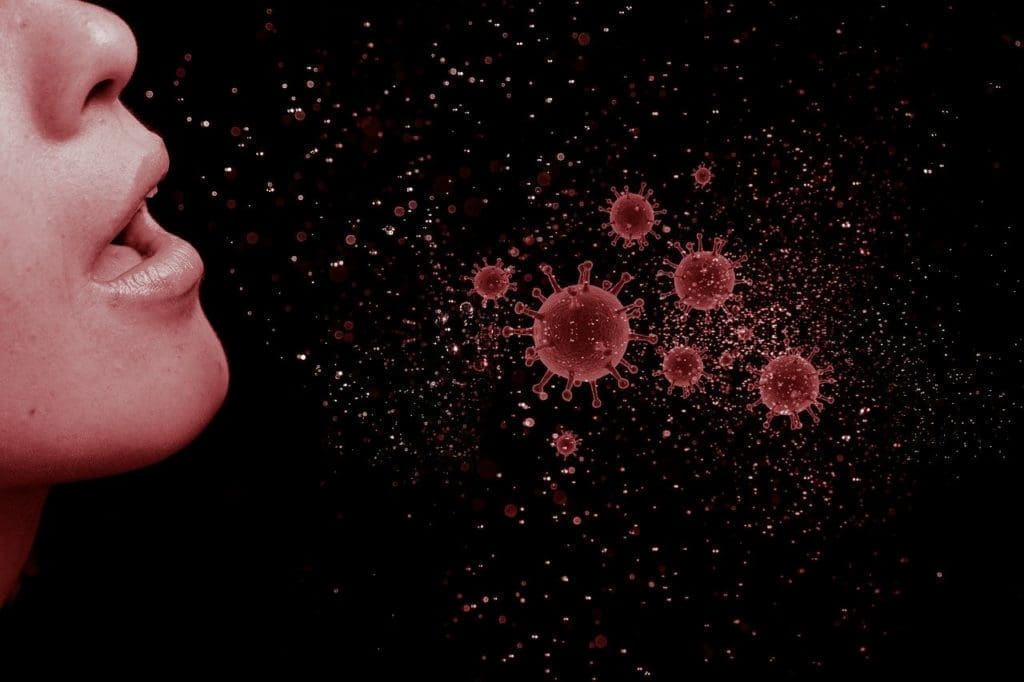Is intentionally coughing on someone else a crime?
The short answer to this question is yes: intentionally coughing on someone else is a crime. And unfortunately, in the case of an overly politicized global pandemic, situations like this seem to occur on a more and more frequent basis.
But how serious that crime is becomes a different question. In certain circumstances, the result could be a disorderly conduct ticket. In others, the situation could result in felony-level charges and serious, life-changing penalties.
No matter your situation, hiring a top criminal defense attorney is a wise decision. Even a ticket has the potential to cause a disturbance in your life. Certainly a felony does. At Van Severen Law Office you’ll meet some of Wisconsin’s top criminal defense attorneys. If you’re charged for intentionally coughing on someone else, contact us immediately at (414) 270-0202. We’ll schedule a free consultation and begin planning how to defend your case.
The most likely charge: disorderly conduct
Disorderly conduct is a Class B misdemeanor in Wisconsin. That means the charge carries a maximum penalty of 90 days in jail, a $1,000.00 fine, or both. Even though this is a lower-level charge, it’s still serious. And a conviction for it will remain with you for the rest of your life. Section 947.01 of the Wisconsin Statutes prohibits disorderly conduct.
Wisconsin Criminal Jury Instruction 1900 provides the elements of disorderly conduct:
- Firstly, the defendant engaged in (violent) (abusive) (indecent) (profane) (boisterous) (unreasonably loud) (or otherwise disorderly) conduct; and
- Secondly, the conduct of the defendant, under the circumstances as they then existed, tended to cause or provoke a disturbance.
Importantly, “otherwise disorderly” conduct means conduct having a tendency to disrupt good order and provoke a disturbance.
It should be clear to see how intentionally coughing on someone could be charged under the disorderly conduct statute. Firstly, prosecutors will likely argue that the conduct is abusive, indecent, or otherwise disorderly. And because of the global concern for COVID, they’ll argue that the coughing tended to cause or provoke a disturbance.
If the government can prove you caused the other person to become ill: battery
Things certainly get a little more aggravated if the government can prove you caused bodily harm to the other individual. More aggravated than disorderly conduct, but on the lower end of things, you could face a simple battery charge. Battery is a Class A misdemeanor, punishable by up to 9 months in jail, $10,000.00 in fines, or both. Section 940.19(1) prohibits misdemeanor battery.
Wisconsin Criminal Jury Instruction 1220 describes misdemeanor battery:
- Firstly, the defendant caused bodily harm to the victim;
- Secondly, the defendant intended to cause bodily harm to another person;
- Thirdly, the defendant caused bodily harm without consent of the victim; and
- Finally, the defendant knew the victim did not consent.
The definition of “bodily harm” is certainly important to this theory. A cough doesn’t hurt a person. It doesn’t cause a bruise. But the definition of bodily harm includes “illness” and “any impairment of physical condition.” While it would certainly be difficult, if the government can show that your intentional cough resulted in either of these, you could face misdemeanor battery charges.

Felony charges for coughing on someone else
The identification of the victim becomes important for the most aggravated situation involving coughing on someone else. Section 941.375 of the Wisconsin Statutes prohibits “throwing or discharging bodily fluids at public safety workers.” The crime focuses on causing your bodily fluids to end up on a public safety worker. In a more-normal situation, this is what you’d be charged with if you spit on a prosecutor while in court.
Currently there is no jury instruction describing this crime. But the statute indicates:
(2) Any person who throws or expels blood, semen, vomit, saliva, urine, feces, or other bodily substance at or toward a public safety worker or a prosecutor under all of the following circumstances is guilty of a Class I felony:(a) The person throws or expels the blood, semen, vomit, saliva, urine, feces, or other bodily substance with the intent that it come into contact with the public safety worker or prosecutor.(c) The public safety worker or prosecutor does not consent to the blood, semen, vomit, saliva, urine, feces, or other bodily substance being thrown or expelled at or toward him or her.
(b) “Public safety worker” means an emergency medical services practitioner licensed under s. 256.15, an emergency medical responder certified under s. 256.15 (8), a peace officer, a fire fighter, or a person operating or staffing an ambulance.
Contact Van Severen Law Office if you’re charged for coughing on someone.
As you can see, coughing on someone else could lead to incredibly serious charges. Even if you’re facing a misdemeanor charge, the fact that we’re currently in a global pandemic could lead to prosecutors being more aggressive with you.
It’s important that you match that aggression with a top Wisconsin criminal defense attorney, like you’ll meet at Van Severen Law Office. Individuals throughout Wisconsin recognize our defense attorneys as zealous advocates willing to fight for their clients. And they certainly will be for you.
Contact Van Severen Law Office and let’s start fighting your case today. You can reach us 24/7 at (414) 270-0202.


